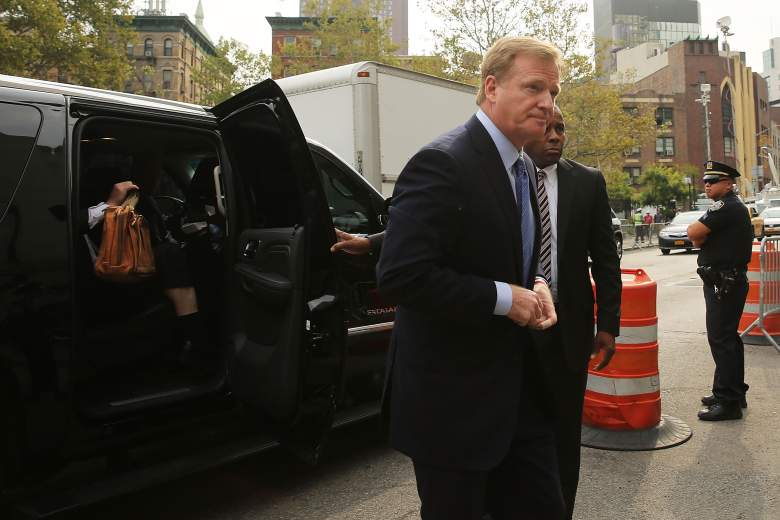
NFL Commissioner Roger Goodell arrives at federal court on August 31, 2015 in New York City for another “Deflategate” hearing. (Getty)
He ruled.
After months of debate and rulings and court hearings, the “Deflategate” saga between the New England Patriots, Tom Brady and the NFL might actually be over. Judge Richard Berman has officially nullified Brady’s suspension, announcing on Thursday morning that the four-game punishment had been overturned.
Berman, who has refused to give interviews throughout the legal process, had tried to help the two sides come to an agreement on their own but after hours of interviews and discussions, it became clear to the New York native that he would have to make a ruling on his own. Berman decided whether or not to uphold Brady’s four-game suspension for his alleged involvement in “Deflategate” during last year’s AFC Championship game.
Here’s what you need to know about the long-time judge and some of his most famous cases:
1. Berman Issued a Ruling on Deflategate After the NFL & Tom Brady Could Not Reach a Settlement
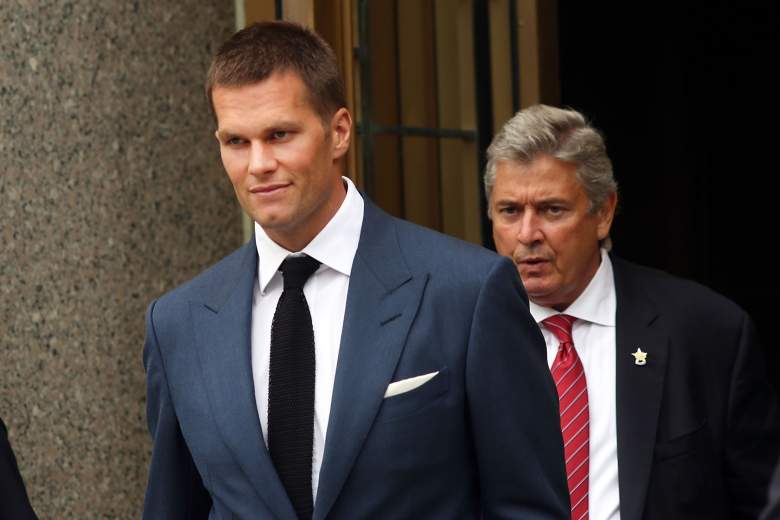
Tom Brady leaves federal court on August 31, 2015 in New York City after he and the NFL failed to come to a “Deflategate” settlement. (Getty)
NFL Commissioner Roger Goodell and New England Patriots quarterback Tom Brady were back in federal court on Monday for one last meeting before a ruling comes down on the “Deflategate” case. According to multiple media reports the NFL and the NFLPA, who is representing Brady in his appeal of a four-game suspension, could not reach a settlement, requiring U.S. District Judge Richard Berman to issue his own ruling on the case.
Goodell had previously claimed that the only way Brady would be able to see his suspension reduced or overruled would be if he provided new information he had not originally put forth during the Wells investigation. It’s not clear if that actually happened or if it influenced Berman’s ruling.
Both Brady and the NFLPA had made it clear that if the suspension was not overruled they were prepared to take the case to federal court.
2. He Reportedly Requested NY Giants Owner John Mara Appear at the Hearings
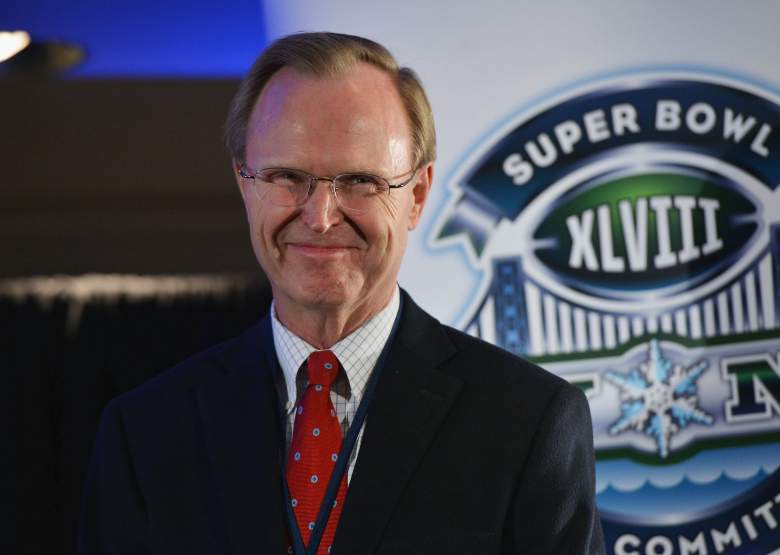
New York Giants owner John Mara was present during the latest round of hearings between the NFL and Tom Brady at federal court on August 31. (Getty)
NFL Media’s Ian Rapoport reported that New York Giants owner John Mara appeared at the latest hearing for Tom Brady’s suspension appeal at the request of Berman.
But why?
It actually makes quite a bit of sense. The case that was filed by the NFL in Judge Berman’s court listed just one party as the plaintiff: The National Football League Management Council. Roger Goodell is not the chairman of the NFL Management Council. John Mara is. So it makes sense that Berman would require the Giants owner to appear in federal court. He was on the paperwork, after all.
There was also this theory from Sports Illustrated legal analyst Michael McCann:
3. He Was Named to District Court for the Southern District of New York in 1998
Berman began his judicial career in the New York State Family Court for Queens County from 1995 to 1998.
On May 21, 1998 he was named, by President Bill Clinton, to a seat on the District Court for the Southern District of New York State. He replaced the seat previously held by Kevin Thomas Duffy and was confirmed by the U.S. Senate on October 21, 1998.
Throughout his career, Berman has also held several lectures around the world, titled the “Rule of Law” and the “Independence of the Judiciary.” He is also the author of “A Team Model to Identify Child Abuse,” “Seven Steps to Protect Children,” and “Community Service for Juvenile Offenders,” published in the New York Law Journal.
4. Berman Previously Worked in Private Practice
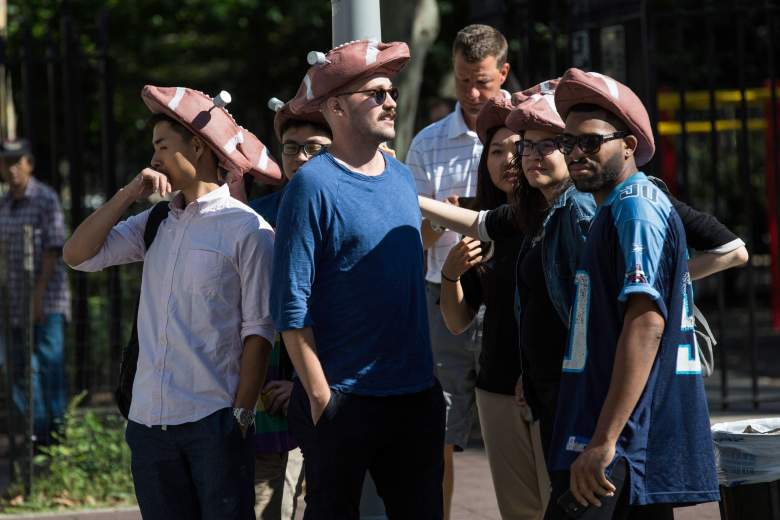
Fans have shown up at federal court in New York City throughout the entire “Deflategate” process. (Getty)
After nearly a decade in school, Berman began his career in private practice, working at Davis Polk & Wardwell before becoming an executive assistant to United States Senator Jacob Javits in 1974.
He worked for the Senator for three years before he was named the Executive Director of the New York State Alliance to Save Energy in 1977. Then, from 1978 to 1986, Berman served as General Counsel and Executive Vice President of the Warner Cable Corporation before returning to the private sector once again.
5. He Made Headlines for His Ruling on Dinesh D’Souza in 2014
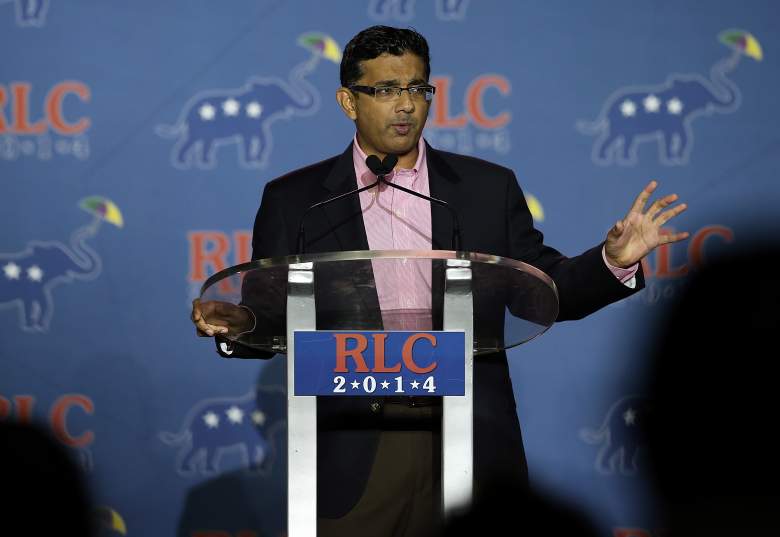
Berman ruled on the case of conservative filmmaker and author Dinesh D’Souza after he made thousands of dollars in illegal campaign contributions. (Getty)
This isn’t the first time that Berman has spent time in the headlines for a case he’s presiding over. In 2014, the federal judge ruled on the case of conservative pundit Dinesh D’Souza, sentencing him to five years probation after making $20,000 in illegal campaign contributions in 2012.
Berman had this to say at the ruling:
I’m not sure Mr. D’Souza (that) you get it. It’s hard for me to discern any acceptance of responsibility. He’s a talker. In fact, he’s almost a compulsive talker. But I don’t think he’s a listener. I don’t think he’s hearing himself and those around him.
Berman also sentenced Cameron Douglas, actor Michael Douglas’ son, to five years in prison on drug charges before later doubling down on the sentence, calling Douglas “destructive” and “manipulative.”


